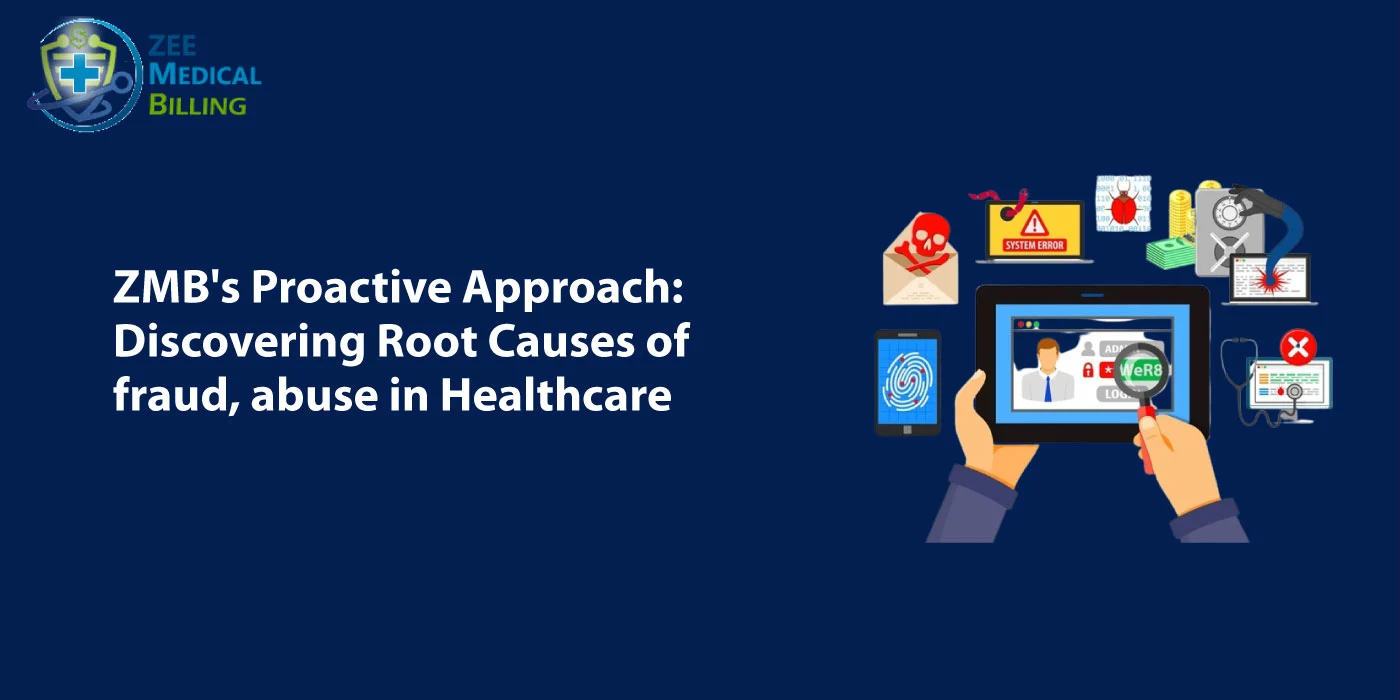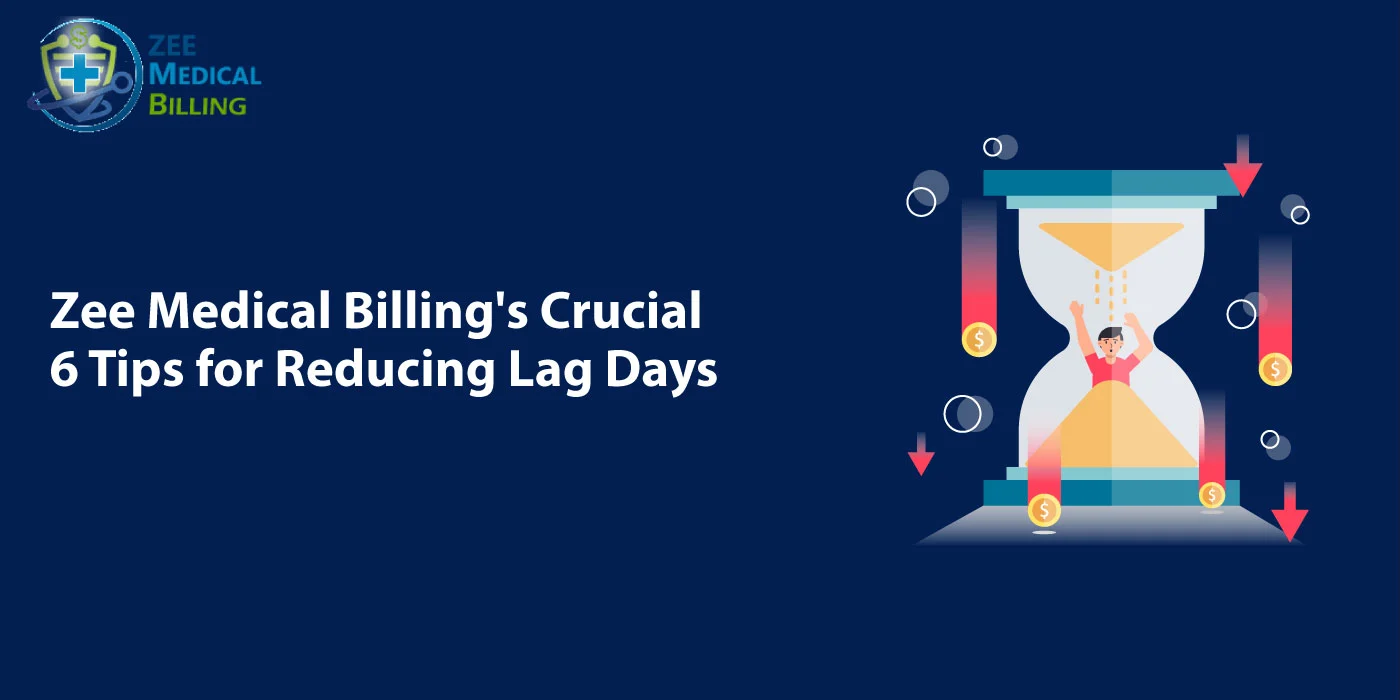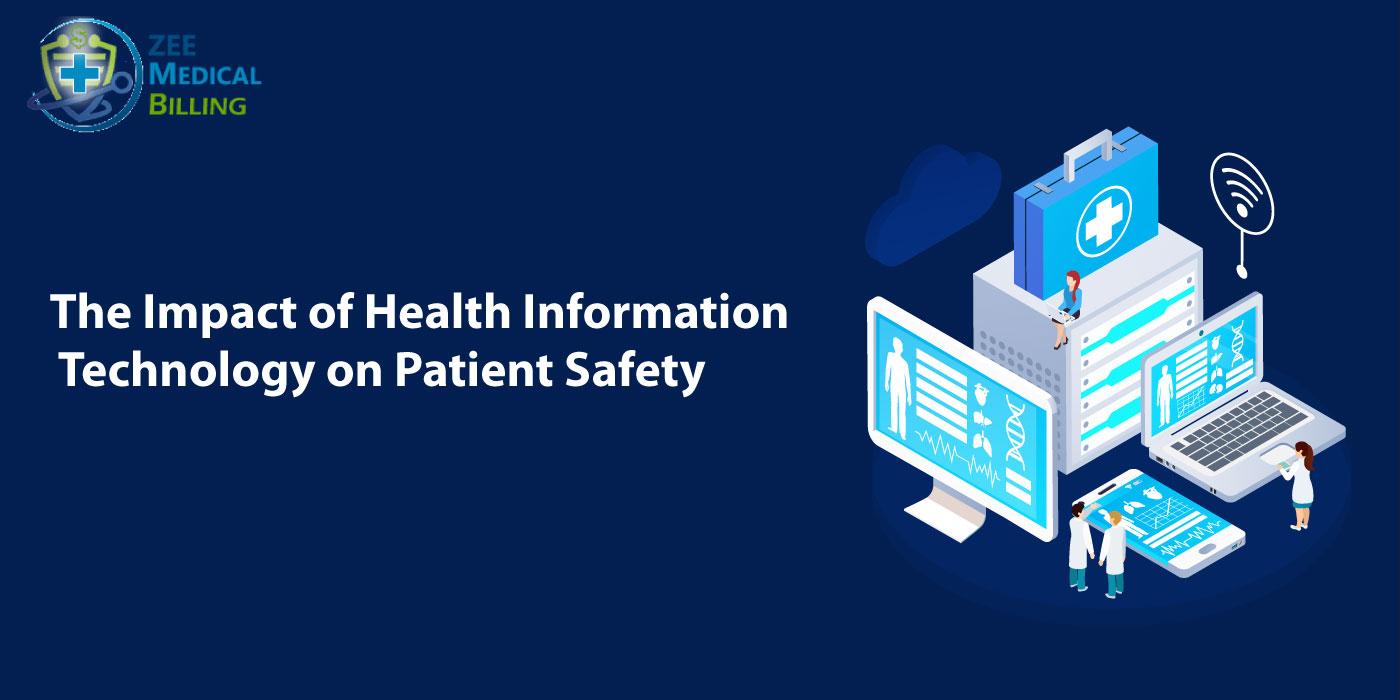Counseling is a broad field with many specialties. Certificate programs can be done by licensed counselors to develop specialized knowledge. There are certificate programs offered in all of the major counseling specialties. Today, mental health counseling is an essential component of the larger healthcare system. Becoming a mental health counselor is a great way to enter a satisfying career that offers competitive income and the satisfaction of knowing that you’ve made a significant difference in the lives of others. In the United States, there are numerous mental health counselor certifications available.
What do Mental Health Counselors Do?
Working with persons suffering from mental health challenges, whether chronic or crisis-related, can be tremendously meaningful for those who have the desire to help their community.
A Mental Health Counselor would usually need to:
- Deal with a variety of conditions in their clients such as anxiety, grief, low self-esteem, stress, suicidal impulses, and relationship issues.
- Work with individuals, families, couples, groups, or with specific populations, such as the elderly, college students, or children to diagnose and treat mental and emotional health issues and disorders.
- Evaluate clients’ mental and physical health and assess their readiness for treatment; work with them to identify and improve behaviors or situations that interfere with their recovery.
- Establish a relationship of trust and respect with clients, which encourages them to discuss their emotions and experiences with you and talk about issues they feel they cannot normally share with others.
- Listen actively and with empathy to client concerns, encourage them towards a deeper understanding of their concerns, challenge any inconsistencies in what they say or do, and accept without bias the issues raised.
- Help clients process their reactions and adjust to changes in their life, such as divorce or layoffs; help them develop strategies and skills to modify their behavior or cope with difficult situations.
- Develop, recommend, and review treatment goals and plans with clients and their families; teach clients’ family members about behavior disorders and help them develop strategies to cope with those problems.
- Clients are referred to community resources or services such as support groups or inpatient treatment facilities; therapy is coordinated with other specialists such as psychiatrists and social workers.
- Participate in supervision and training courses; engage in personal treatment, which may be required for certification.
- Conduct outreach programs to help people identify the signs of addiction or other destructive behavior, and steps to take to avoid such behavior.
- Keep records and use reporting tools.
Top 5 Mental Health Counselor Certifications in the USA
Certifications can be a helpful tool for displaying to employers that you know your expertise. However, not all certifications are made equal. Zee Medical Billing has provided a list of the most popular certifications for Mental Health Counselors to help you stand out in the job market and boost your overall value.
The five certificates listed below are among the most popular, important, and well-respected in the mental health counseling industry right now.
- National certified school counselor
- Certified clinical mental health counselor
- Contemporary Theory in Couple and Family Systems
- Master Addictions Counselor
- The Commission on Rehabilitation Counselor Certification
National Certified School Counselor
The National Certified School Counselor is another offering of the mental health counseling industry’s all-important NBCC (National Board for Certified Counselors). This certification opens many occupational doors with the official assertion that its holder is highly experienced and capable in clinical practice as well as the full spectrum of counseling specializations. The National Certified School Counselor (NCSC) certification permits a counselor to use the NCSC certifications to demonstrate competency in school counseling and student mental health issues.
Participation in this NBCC certification program is dependent on clinical experience, professional endorsements, verifiable hours spent, and a pass on the counseling exam. NCSCs are board-certified counselors that provide the highest standards of practice for schools and students because they have met demanding education, examination, supervision, experience, and ethical requirements in school counseling.
Certified Clinical Mental Health Counselor
The National Board for Certified Counselors, or NBCC – one of the key certification authorities in modern mental health counseling – facilitates the Certified Clinical Mental Health Counselor certificate. Earners of this certification reach a high level of expertise in advanced counseling and clinical abilities. Applicants must have appropriate clinical experience, a passing score on the National Clinical Mental Health Counseling Examination, and a professional endorsement to be eligible for this certification program.
NBCC conducts the National Clinical Mental Health Counseling Examination (NCMHCE). The exam consists of ten simulated professional mental health counseling cases aiming to sample a broad range of expertise rather than simply recalling single facts. The cases measure clinical problem-solving abilities, including the capacity to detect, analyze, diagnose, and treat clinical conditions.
Being certified may open the door to various opportunities in the mental health area, including a more established position with a higher salary, such as case management. Certified Clinical Mental Health Counselors are frequently part of a health care team that includes medical doctors, nurse practitioners, social workers, and other trained psychologists.
Teams or individual Certified Clinical Mental Health Counselors could be employed at a variety of different locations, including:
- Hospitals and clinics
- Family agencies
- Mental health facilities
- Government services
- Private practices
Contemporary Theory in Couple and Family Systems
Systemic thinking is the foundation of couple and family psychology (CFP) research and practice. Systems theory provides a collection of principles and concepts that guide our understanding of human behavior, but it is critical to implement these principles in a realistic way that doctors and researchers can use.
Several colleges and trade institutions around the United States offer the Contemporary Theory in Couple and Family Systems certification. This important certification validates its holder as being highly knowledgeable in both couples counseling and the various, diverse areas of family dynamics today. This is a graduate certificate that is frequently obtained instead of or in addition to a master’s degree in counseling practice.
From a systemic perspective, this course examines the dynamics of marriage and family interactions. Understanding family and other systems theories, the structure and function of marriage, many facets of the marital relationship and family systems, and models of family and systemic interventions are all highlighted. Considerations from a historical perspective are presented along with current developments within marriage and family systemic models. Students will also think critically about the application and integration of theology in marriage and family counseling.
Master Addictions Counselor
Substance abuse counselors, also known as addiction counselors, have a specific understanding of substance abuse, addiction, chemical dependency, and recovery concerns and may assist clients and their loved ones in dealing with these issues. The Master Addiction Counselor (MAC) exam is a certification exam for professionals who work with substance use disorders and addiction. Candidates can demonstrate their excellent command of the skills and expertise required to excel in their careers by passing this exam. While it is not a mandatory certificate, having one considerably boosts your professional advancement and earning potential.
In many areas, high school education and associated job experience are sufficient to obtain licensure, and certificate programs can help substance abuse counselors develop in-depth knowledge and training while also potentially increasing employment options. Some states require prospective substance abuse counselors to undergo specific training in substance abuse and addiction; earning a certificate may be one way to meet these requirements. Substance abuse counseling, substance abuse studies, addiction counseling, addiction studies, and chemical dependence counseling may all be provided as certificates.
The NBCC is soon expected to take on the facilitation and responsibility for the Master Addictions Counselor certification, though it has not fully done so yet. As its name suggests, this certification strictly focuses on the addiction counseling abilities of the participating candidate. The eligibility requirements for participation in this program typically include substantial training and experience in the greater practice areas of addiction counseling.
The Master Addictions Counselor (MAC) accreditation indicates that a counselor is a specialist in addiction counseling. Individuals who hold this degree are also qualified for the U.S. Department of Transportation’s (USDOT) designation of Substance Abuse Professional (SAP).
The Commission on Rehabilitation Counselor Certification
CRCC administers this nationally accredited certification program to ensure professionals engaged in rehabilitation counseling meet acceptable, national standards of quality and practice.
Certified Rehabilitation counselors (CRCs) are professional counselors who possess the specialized knowledge, skills, and attitudes to work collaboratively with individuals with disabilities. Through a comprehensive unique counseling process, rehabilitation counselors help individuals with disabilities achieve their personal, social, psychological, career, and independent living goals.
Rehabilitation counselors specialize in assessing and helping clients with disabilities adapt to daily life and develop functional abilities. Earning a certificate in rehabilitation counseling may also increase employment opportunities or enable graduates to command a higher salary, faster career growth, and higher income potential. Rehabilitation counselors must achieve high eligibility standards, including advanced education, qualifying job experience, and passing the CRC Examination, to become certified.
Boost your future by learning more about getting the skills and experience required to advance your career as a Mental Health Counselor.
To learn more___
Call @ +1 (224) 999-6997
Or
Get a free no-sting attached billing services quote from ZEE Medical Billing for your practice.





